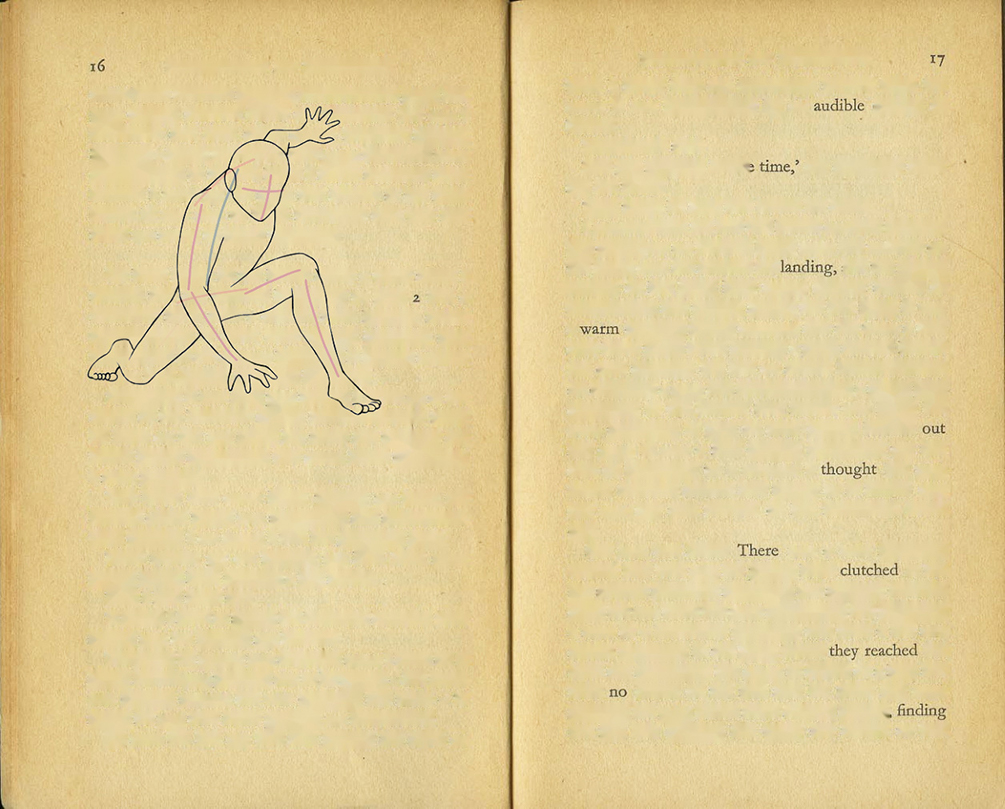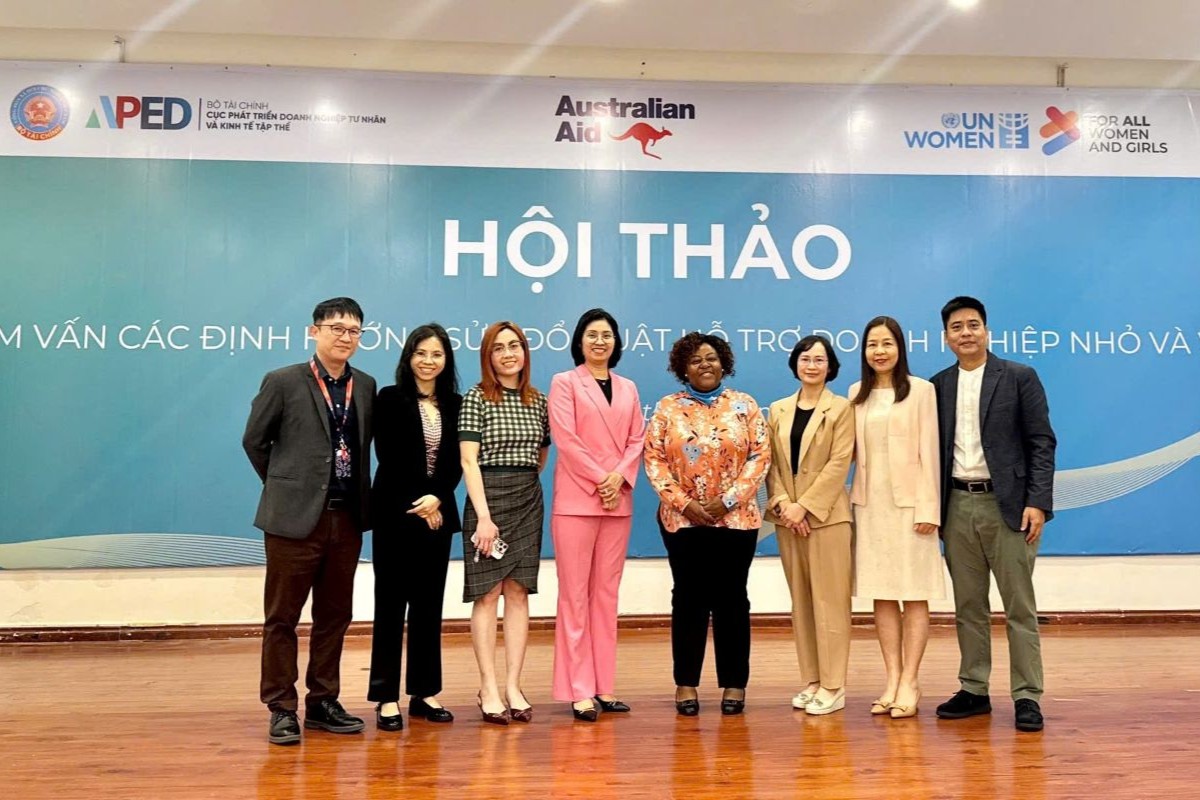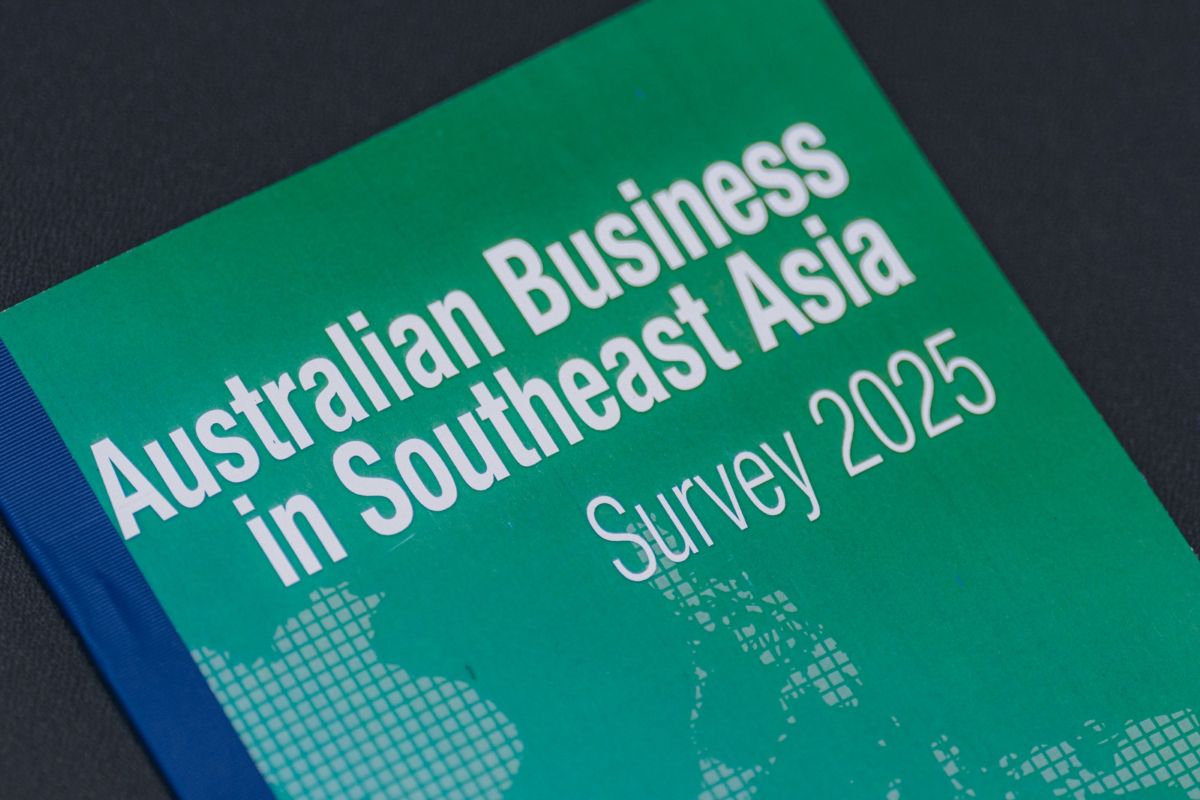RMIT and Vietrade sign MoU to boost Vietnam’s global competitiveness
Under the MoU, both parties will collaborate to enhance Vietnam’s enterprise competitiveness and national branding efforts in domestic and international markets.
Leadership capability at the heart of Vietnam’s SME growth agenda
A UN Women-RMIT partnership is helping advance leadership capability and support Vietnam’s SME development agenda.
Vietnam is ASEAN’s leading expansion market for Australian businesses
According to the Australian Business in Southeast Asia Survey 2025, 61% of respondents consider Vietnam for future growth.
Building collaborative governance for green maritime logistics
Vietnam’s ports face rising pressure to cut emissions. New research from RMIT reveals the risks, gaps, and cooperation needed for a credible, sustainable transition.

![Dr Andy Simionato [pictured left] and Dr Karen ann Donnachie’s [pictured right] AI-powered reading machine reconstructs novels as Haikus. Image: Peter Clarke](/content/dam/rmit/vn/en/assets-for-production/images/news/news-ai-powered-robot-can-read-novels-and-write-poetry_01.jpg)

![Dr Donnachie [pictured left] and Dr Simionato [pictured right] are interested in the future of books, after radical changes to content creation and consumption. Image: Peter Clarke](/content/dam/rmit/vn/en/assets-for-production/images/news/news-ai-powered-robot-can-read-novels-and-write-poetry_03.jpg)



